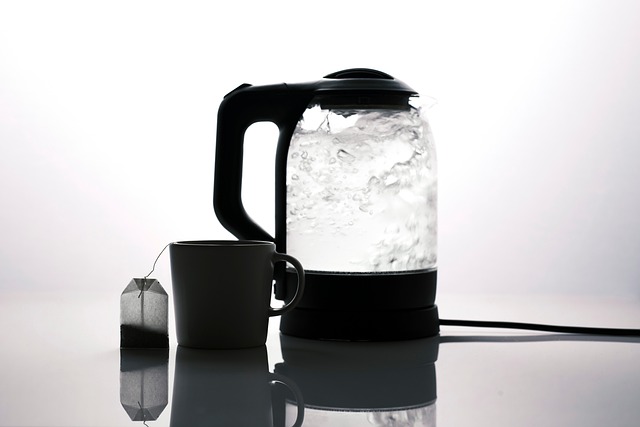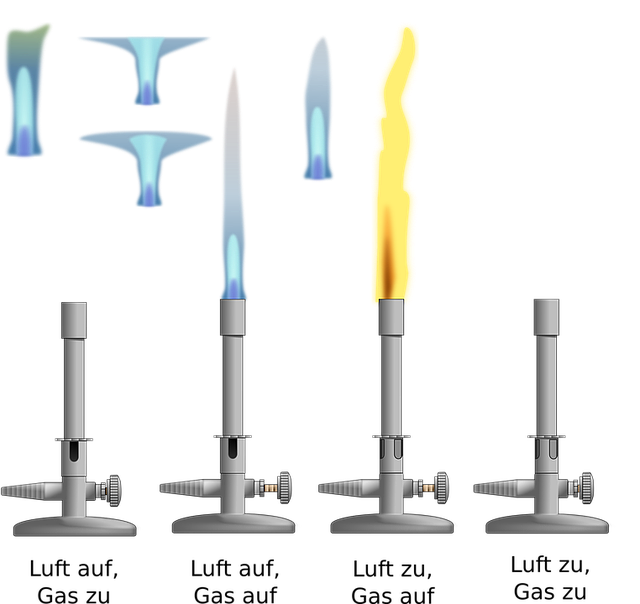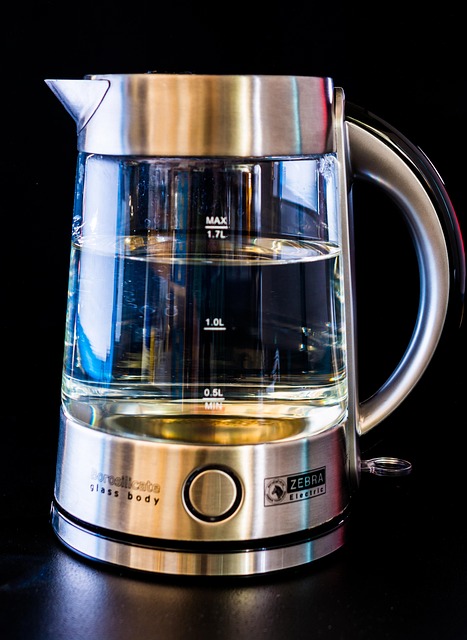The lifespan of a water heater ranges from 8 to 20 years, with age, model, usage frequency, and water temperature being key factors. Regular maintenance can extend life but eventually, heaters reach the end. Signs You Need a New Water Heater include reduced hot water output, temperature fluctuations, leaks, and high energy bills, indicating an outdated model. Monitoring these indicators is vital for planning replacements and avoiding safety or efficiency issues.
Water heaters are essential home appliances, but their lifespan varies greatly. Understanding what influences this duration can help homeowners prepare for replacements. This article breaks down the key factors—from age and usage patterns to maintenance—affecting water heater longevity. We also highlight common signs indicating when it’s time for a new unit, emphasizing the importance of recognizing these signals early. Additionally, we offer practical tips to maximize your water heater’s lifespan and avoid costly emergencies, ensuring you stay ahead of the curve when it comes to this vital appliance.
- Understanding Water Heater Lifespan Factors
- – Age and model as primary determiners
- – Impact of usage frequency and water temperature
Understanding Water Heater Lifespan Factors

Water heater lifespan varies greatly, with an average life expectancy between 8 to 12 years. However, several factors can influence this duration. Hard water, frequent usage, poor maintenance, and initial quality all play significant roles in determining how long your water heater will last.
Knowing the signs you need a new water heater is crucial. Look out for inconsistent hot water supply, strange noises coming from the tank, increased energy bills, or visible corrosion on the exterior. These could indicate internal issues like sediment buildup, damaged heating elements, or failed parts, all of which can reduce efficiency and safety. Regular maintenance checks, including flushing the tank annually, can help extend its lifespan, but eventually, every water heater will reach the end of its useful life.
– Age and model as primary determiners

The lifespan of a water heater can vary significantly depending on several factors, but age and model are two primary determiners. Older water heaters tend to have shorter lifespans, with most experts suggesting they last between 8 to 12 years. However, modern tank water heaters can last up to 20 years or more with proper care. Even within these ranges, certain models are designed to be more durable and efficient than others. Energy-efficient models often come with enhanced insulation and better components, which can extend their lifespan.
Knowing the signs that indicate it’s time for a new water heater is crucial. Over time, heaters may show reduced hot water output, frequent temperature fluctuations, or even start leaking. These are all clear indications that your water heater might be reaching the end of its useful life. Additionally, if your energy bills have suddenly increased, it could be a sign of an old, less efficient model in need of replacement.
– Impact of usage frequency and water temperature

The lifespan of a water heater is influenced by several factors, with usage frequency and water temperature being two key players. High-usage households, where hot water demands are constant throughout the day, will naturally put more strain on the appliance, potentially reducing its lifespan compared to homes where hot water is used less frequently. Additionally, setting your water heater to a higher temperature can accelerate corrosion and wear, especially in hard water areas. This is because heated water tends to leave the tank faster, increasing the frequency of heating cycles, which over time can take their toll on the appliance’s internal components.
If you notice signs such as inconsistent hot water supply, unusually high energy bills, or frequent need to flush and clean the tank, it might be an indicator that your water heater is nearing the end of its useful life. These could all suggest increased wear and tear caused by higher usage and temperature settings, emphasizing the importance of monitoring these factors to anticipate and plan for potential replacements, ensuring you’re aware of the Signs You Need a New Water Heater.
Water heaters, like all appliances, have a finite lifespan, with factors like age, model, usage frequency, and water temperature playing key roles. By understanding these determinants, homeowners can anticipate maintenance needs and identify clear signs they need a new water heater, such as decreased heating performance or frequent repairs. Regular maintenance and timely replacement are crucial to ensure consistent hot water supply and avoid unexpected breakdowns, enhancing home comfort and convenience.
